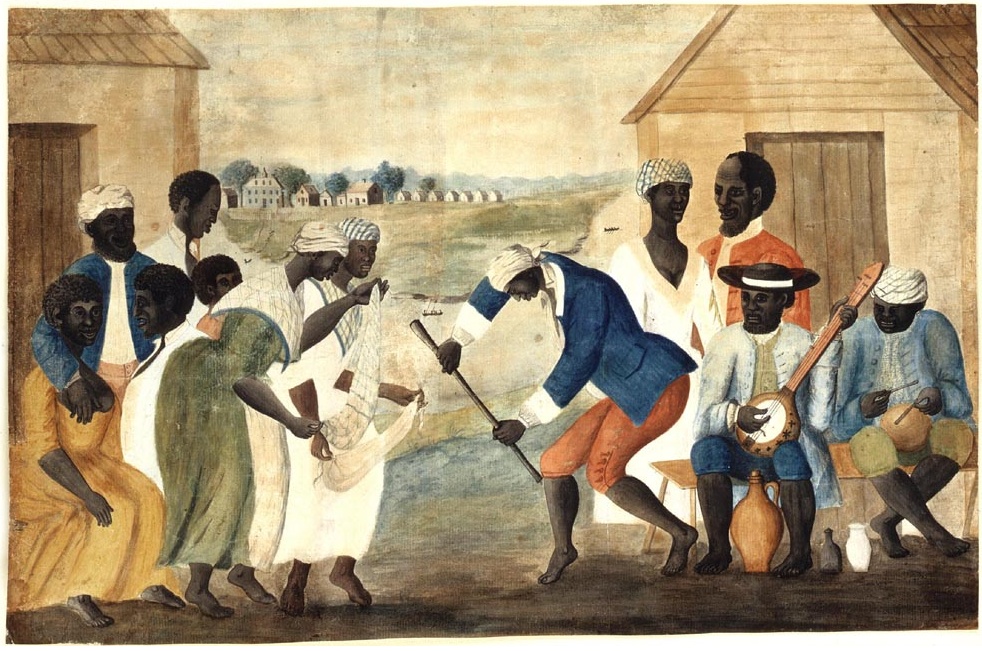Rhythm and Blackness
“She dances like a Black girl.”
httpv://www.youtube.com/watch?v=4z5HYNqx3n8
What?
Is there something distinct about the way in which we move or speak that is noticeably…Black? Before, I would have denied this. There’s no way you can identify movement or speech as distinctly Black. Right?
Maybe.
A couple weeks ago, I read the book This is How We Flow: Rhythm in Black Cultures. The editor introduces the concept of morphic resonance to explain what she describes as a distinct rhythm that has been passed down from generation to generation, a rhythm that we brought to America from Africa with drums. A rhythm that survived slavery and Jim Crow through spirituals and gospel. A rhythm that survives the projects and post-racial America through soul and hip hop. A rhythm that ties together the entire Black experience. The one thing that binds all children of the Diaspora.

Morphic resonance is the notion that we inherit more than genetic stuff from our parents and our forefathers and perhaps rhythm is inherited as well. It’s the idea that we tap into this unique rhythm whenever we move or even speak. And perhaps it is this rhythm that is synonymous with cool. It is our unique ownership of this rhythm that makes Black and cool synonymous. We own cool.
And for that reason, it is a shock when someone who isn’t Black is able to tap into that distinct rhythm, the rhythm that is so prevalent in all of us that it has become synonymous with Blackness.
Do you buy it? Is there a rhythm that is unique to us? Is that why it’s okay to make statements such as “she dances like a Black girl”?

